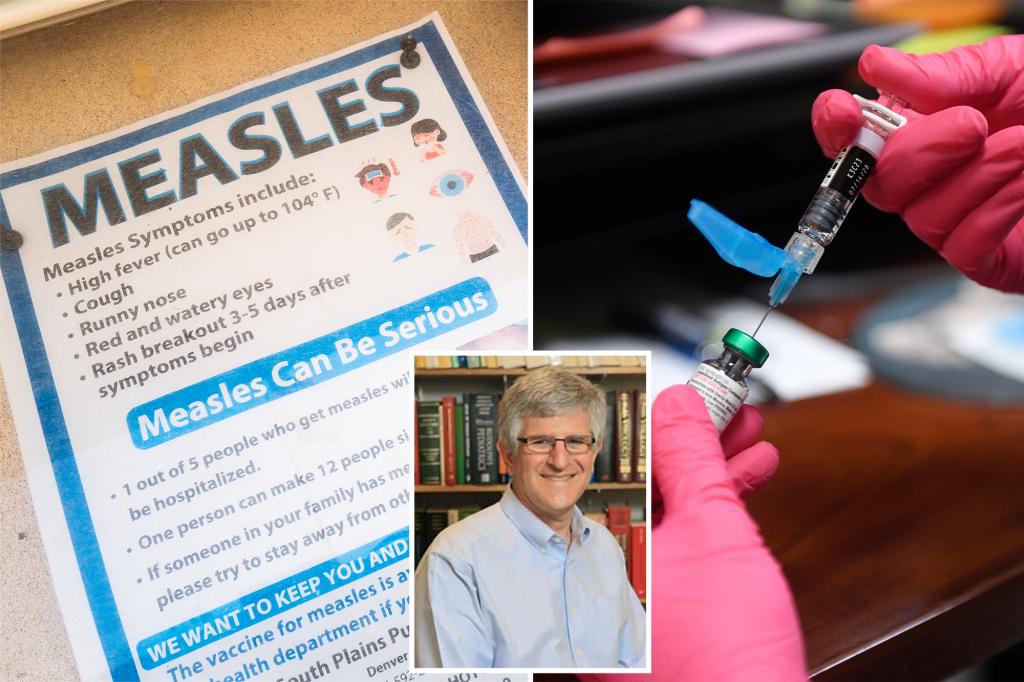Alarming Surge: Measles Cases in the US Exceed 930, Raising Herd Immunity Concerns
The United States has recorded over 930 measles cases in 2024, marking the highest annual total since 2019 and igniting urgent public health warnings. The Centers for Disease Control and Prevention (CDC) reports outbreaks across 26 states, primarily affecting unvaccinated children and communities with low immunization rates. Experts attribute this preventable crisis to declining vaccination coverage, which now threatens the nation’s herd immunity threshold.
Why Measles Outbreaks Are Spreading Rapidly
Measles, one of the most contagious diseases known, can infect up to 90% of unvaccinated people exposed to the virus. The CDC confirms this year’s cases represent a 45% increase compared to the same period in 2023. Dr. Sarah Chen, an epidemiologist at Johns Hopkins University, explains: “When vaccination rates dip below 95%, we lose the community protection that prevents widespread transmission. We’re now seeing the consequences in real time.”
Key factors driving the outbreaks include:
- Vaccine hesitancy: Misinformation about vaccine safety continues to circulate online
- International travel: Imported cases from countries with active outbreaks
- Pandemic disruptions: Many children missed routine vaccinations during COVID-19 lockdowns
The Dangerous Erosion of Herd Immunity
Herd immunity requires 95% population coverage with two doses of the MMR (measles, mumps, rubella) vaccine. Current CDC data shows only 93.1% of kindergarteners met this standard during the 2022-2023 school year – the third consecutive year of decline. Some communities report vaccination rates as low as 80%, creating pockets of extreme vulnerability.
“This isn’t just about individual choices,” warns Dr. Michael Osterholm of the University of Minnesota’s Center for Infectious Disease Research. “When vaccination rates drop, we endanger infants too young for vaccines, cancer patients, and others with compromised immune systems who rely on community protection.”
Hotspots and High-Risk Populations
Several states have declared public health emergencies, including:
- Florida: 154 cases linked to an elementary school outbreak
- Ohio: 89 cases predominantly among Amish communities
- California: 127 cases with clusters in anti-vaccination strongholds
Pediatric hospitals report alarming complications: 1 in 5 cases require hospitalization, while 1 in 1,000 develop encephalitis, which can cause permanent brain damage. The economic burden is equally staggering – the CDC estimates each measles case costs approximately $32,000 in direct medical expenses and outbreak containment measures.
Combating Misinformation and Strengthening Prevention
Public health officials are implementing multipronged strategies:
- School vaccination requirement audits and enforcement
- Community education campaigns in 15 languages
- Mobile vaccination clinics in underserved areas
- Social media partnerships to counter vaccine misinformation
The World Health Organization recently classified vaccine hesitancy as one of the top 10 global health threats. Research shows that exposure to vaccine misinformation makes people 2-6 times more likely to delay or refuse vaccinations. “We’re not just fighting a virus,” notes Dr. Chen. “We’re fighting an infodemic that’s putting lives at risk.”
Looking Ahead: Protecting Public Health Infrastructure
As summer travel season approaches, experts warn outbreaks could worsen without immediate action. The White House has proposed a $1.6 billion initiative to strengthen immunization programs, while several states consider stricter vaccine exemption policies.
Key measures for concerned citizens include:
- Reviewing family vaccination records with healthcare providers
- Reporting suspected measles cases immediately (high fever + rash + cough)
- Supporting local public health departments
This preventable crisis serves as a stark reminder that vaccine-preventable diseases can resurge when vigilance wanes. As health officials work to contain current outbreaks, the nation faces critical questions about balancing personal freedoms with collective responsibility for public health. Check your family’s vaccination status today and consult trusted medical sources like the CDC or your physician for accurate information.
See more WebMD Network



